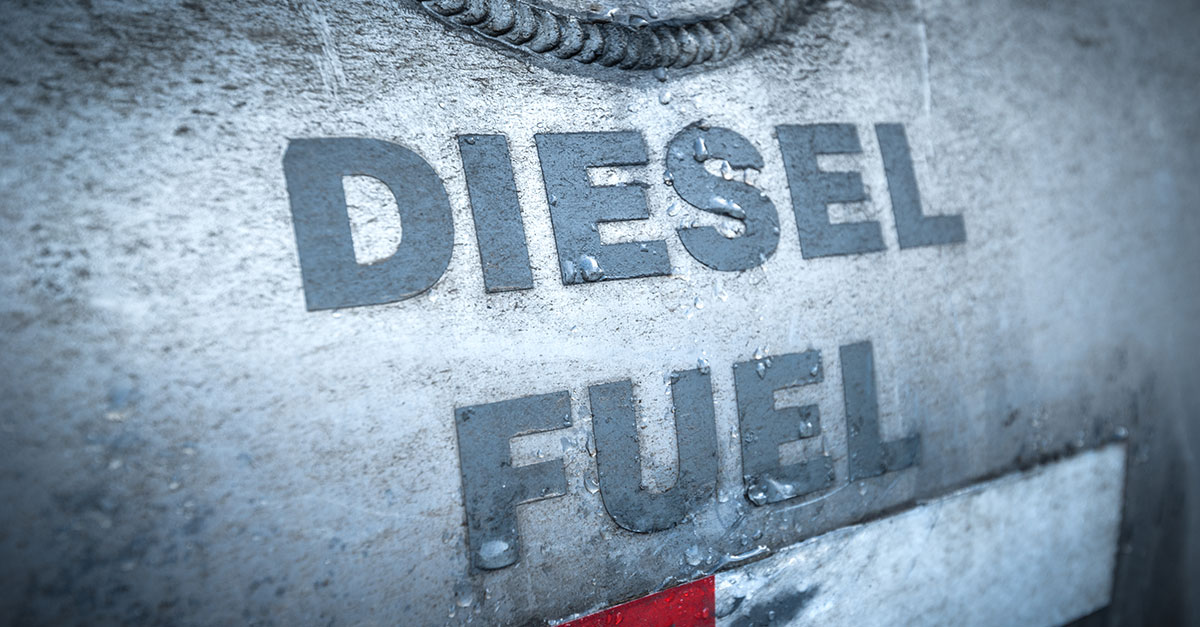-
Your shopping cart is empty!
While fuel quality appears to be getting better, horror stories of damaged injectors or pumps and huge repair bills all relating to dirty fuel still abound. Is it really just misguided maintenance? Sure, a good old Landcruiser 60 series can run on bio fuel and irregular maintenance but anyone with a late model diesel (and that means most diesels from year 2000 on) running electronic injection need be much more aware of basic rules. Just to kick you into life, repair bills above $10,000 are not uncommon for common rail diesels.

Rule Number 1: Buy known major brands of Diesel
Reason: Since they are representing a ‘brand’, there are rules and guidelines that are being followed in relation to fuel handling and cleanliness.
Rule Number 2: “Nicht Bio Diesel!” as indicated on the fuel cap of the 2010 model MAN Truck that’s worth $500,000.
Reason: I stick with the vehicle manufacturers on this. No bio fuel in anything with electronic control.
Rule Number 3: Keep at least a dozen of your fuel receipts handy in your glove compartment
Reason: If ever you get a bad load of fuel, you at least have an available history. Meaning if you bought “Brand X” fuel regularly and got bad fuel, you have a clear history of fuel from that company. Generally, the one that has his documents in order wins the battle.
Rule Number 4: Have your vehicle’s fuel filter changed regularly
Reason: “Prevention is better than the cure.” The longer a fuel filter is exposed to contamination, the more chances you’ll have of a fuel problem. While dirt will surely not get through a blocked filter, water (if it builds up too much in the filter bowl) can. Heavily restricted filters put strain on the injection system. We regularly see newer common rail diesels coming in with performance issues only to find a blocked filter.
You see most manufacturers recommend NOT to change the fuel filter or to “inspect” it. By not changing it, the manufacturer’s logic behind that is this: ‘If you change the fuel filter, it increases the chance of contamination. So, you better leave it to the dealer when a warning light comes on and expect that they will change it safely.’ Could be a good argument… But, I have seen more problems from blocked filters than from incorrectly changed filters. Again, I rely on about 10,000 km change intervals.
Rule Number 5: Be careful not to use too much fuel conditioner
Reason: Good quality diesel already has all the right additives in it: anti-foam agents for easy filling and anti-algae agents to kill algae and disperse water. This doesn’t mean that “good diesel” is always perfect though. That’s why some of us choose to use additives. Just be careful as most diesel fuel additives are corrosive and do not lubricate well, so overdosing of these additives may lead to other issues later.
Safe 4Wheeling!
Andrew Leimroth
Berrima Diesel